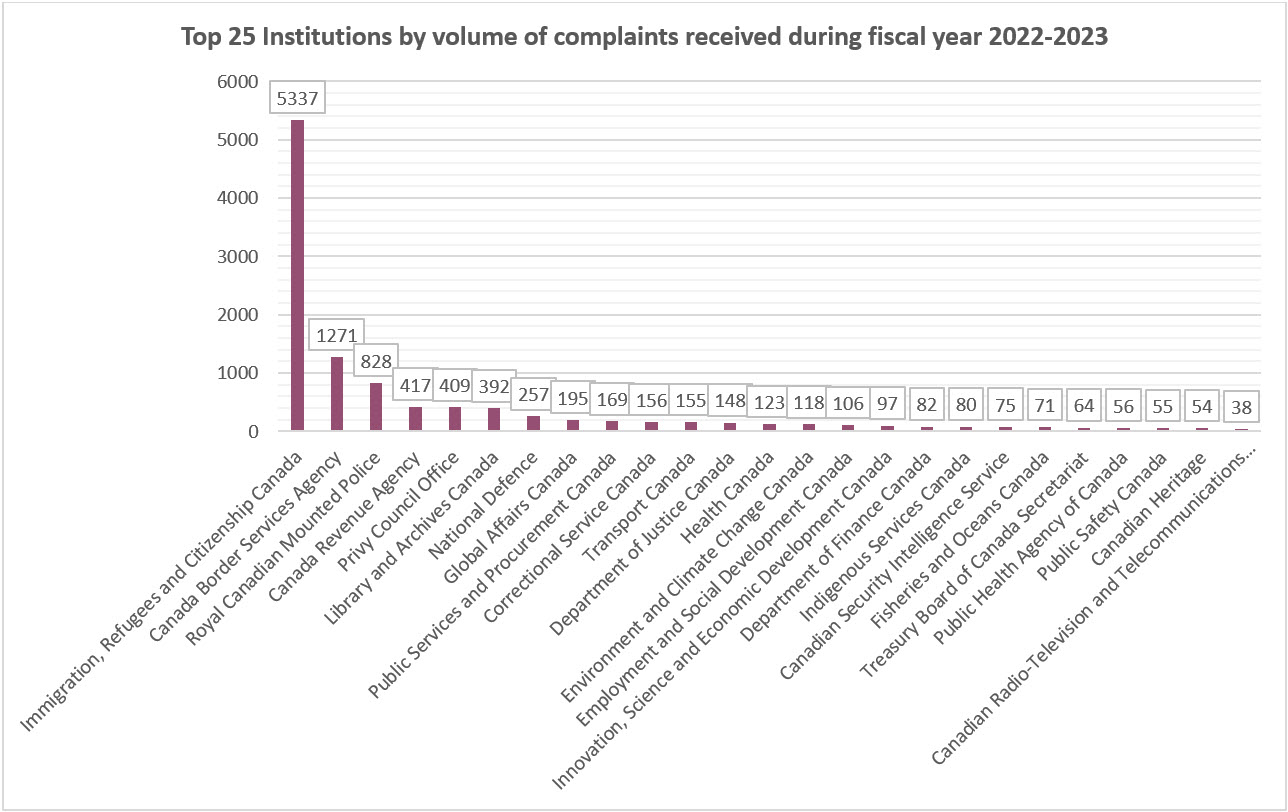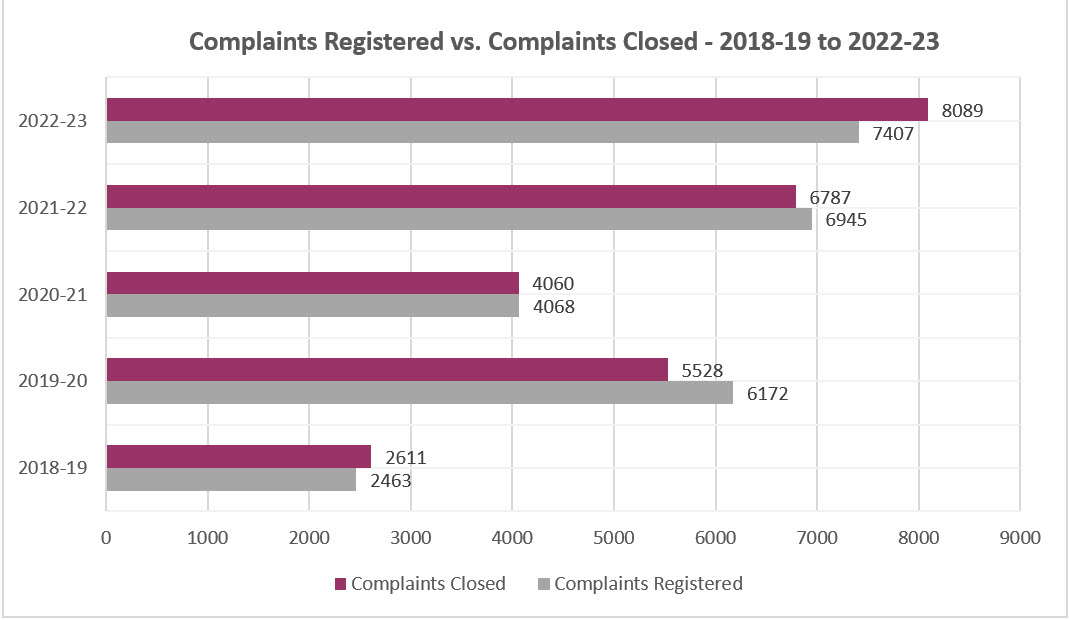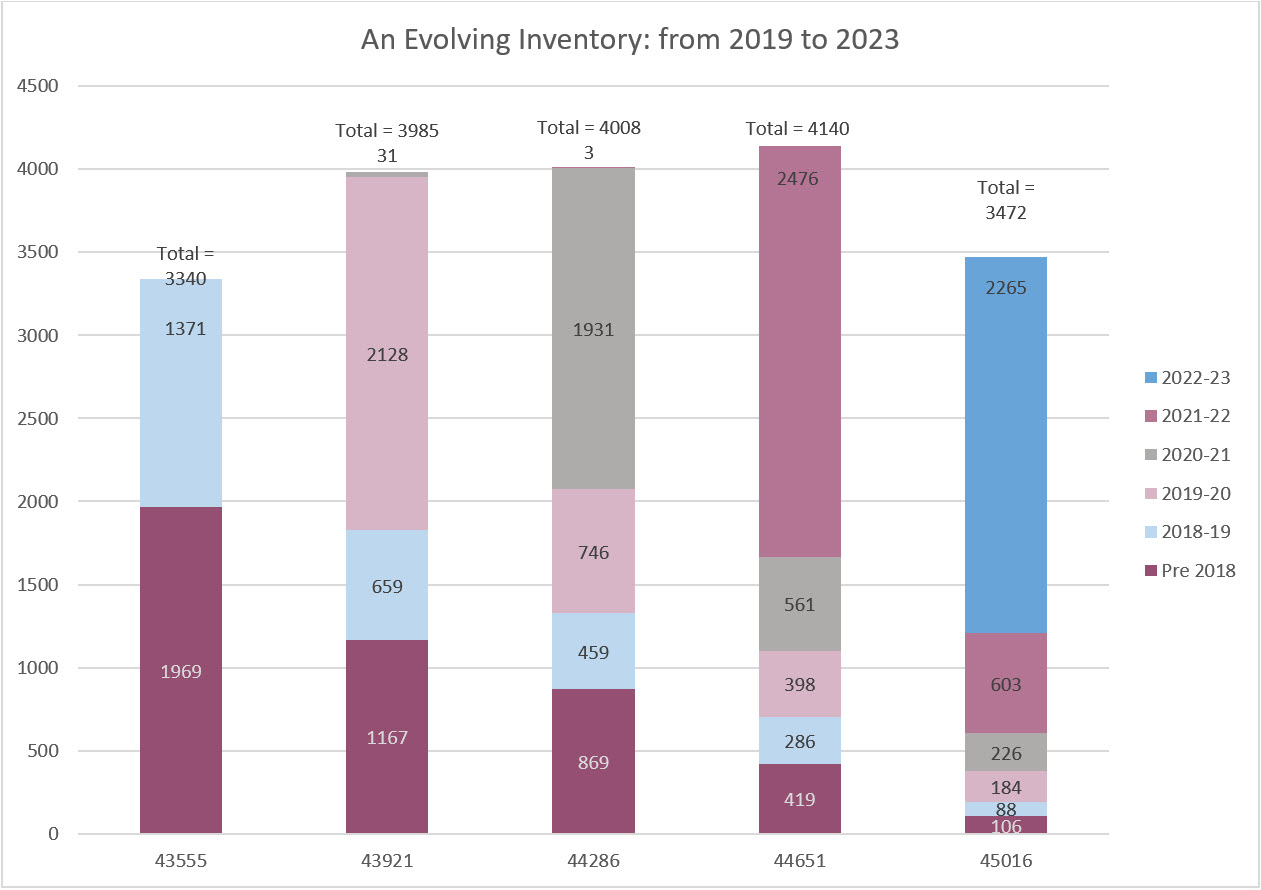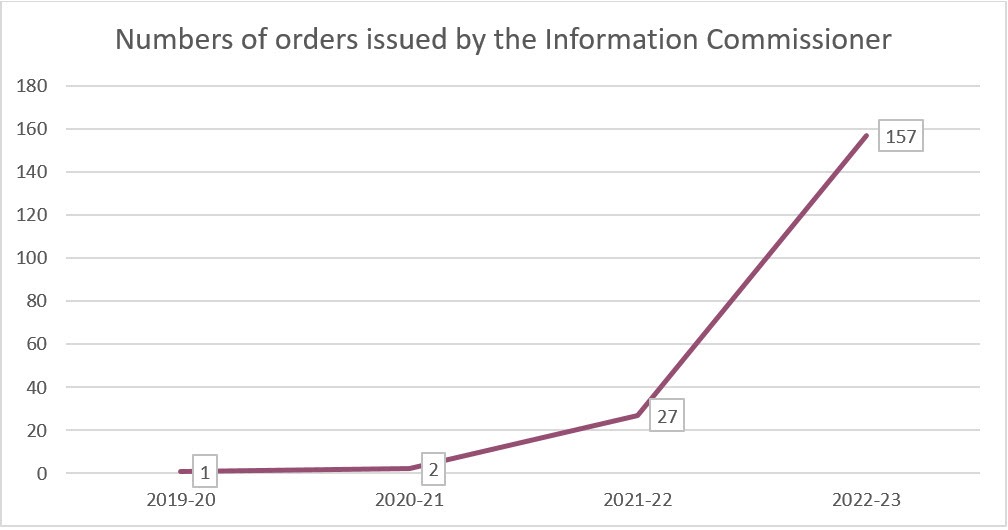Backgrounder
Funding mechanisms for Agents of Parliament – Steps taken
- In his 2015 mandate letter, the Government House Leader was directed by the Prime Minister to “[e]nsure that agents of Parliament are properly funded and accountable only to Parliament, not the government of the day […]”
- In 2019, the Agents of Parliament sent a letter to the Clerk of the Privy Council, requesting that PCO engage with them on this issue as they were seeking an alternative to the existing funding mechanism process.
- On the Mandate Letter Tracker website, the Government says that it has met its obligation to fund agents of parliament, as well as making them accountable only to Parliament.
Funding mechanisms for Agents of Parliament – Pilot Project
- In 2005, an advisory panel pilot project was launched to test a proposed new funding and oversight model for Agents of Parliament.
- The advisory panel was initiated in response to concerns that independence from government may be compromised by the fact that Treasury Board determines the amount of funding available to the Agents of Parliament.
- The Corbett report published in 2008 concluded that the pilot project was a success and should be made permanent. It achieved the key objective of reducing the perception of conflict of interest that was inherent in the pre-existing process.
- In 2011, the government of the day stopped seeking the panel’s advice after forming a majority government and asserting greater control over the work of parliamentary committees.
Funding mechanisms for Agents of Parliament – Alternatives
- Not all Agents of Parliament have the same Funding Mechanism.
- The Parliamentary Budget Officer’s budget goes to the Speakers of the House and Senate, who then send it to Treasury Board. (provided for under the Parliament of Canada Act)
- The Conflict of Interest and the Ethics Commissioner’s budget goes to the House Speaker, who then sends it to Treasury Board. (provided for under the Parliament of Canada Act)
- The Chief Electoral Officer has an annual appropriation for the salary of permanent staff and a statutory spending authority for all other expenditures.
Merging the OPC and OIC Corporate Services
- In 1985-1986, the parliamentary committee recommended that the offices be kept separate in order to avoid any real or perceived conflict of interest in the discharge of the commissioners' mandates.
- In 2005, the PM appointed Hon. Gérard La Forest as Special Advisor to the Minister of Justice to make recommendations concerning the merits of merging the Information and Privacy Commissioners’ offices.
- La Forest concluded that there should not be a full merger of the offices of the Information Commissioner and the Privacy Commissioner, nor the appointment of a single commissioner to both offices, concluding that such changes would likely have a detrimental impact on the policy aims of the Access to Information Act, the Privacy Act, and PIPEDA.
Text version
Top 25 Institutions by volume of complaints received during fiscal year 2022-2023
| Immigration, Refugees and Citizenship Canada | 5,337 |
|---|---|
| Canada Border Services Agency | 1,271 |
| Royal Canadian Mounted Police | 828 |
| Canada Revenue Agency | 417 |
| Privy Council Office | 409 |
| National Defence | 257 |
| Library and Archives Canada | 392 |
| Global Affairs Canada | 195 |
| Correctional Service Canada | 156 |
| Health Canada | 123 |
| Employment and Social Development Canada | 106 |
| Transport Canada | 155 |
| Department of Justice Canada | 148 |
| Environment and Climate Change Canada | 118 |
| Innovation, Science and Economic Development Canada | 97 |
| Indigenous Services Canada | 80 |
| Treasury Board of Canada Secretariat | 64 |
| Public Services and Procurement Canada | 169 |
| Public Safety Canada | 55 |
| Canadian Heritage | 54 |
| Department of Finance Canada | 82 |
| Public Health Agency of Canada | 56 |
| Fisheries and Oceans Canada | 71 |
| Canadian Radio-television and Telecommunications Commission | 38 |
| Canadian Security Intelligence Service | 75 |
Text version
Complaints Registered vs. Complaints Closed - 2018-19 to 2022-23
Complaints registered in 2021–2022 and 2022–2023
| Complaints registered | 2021–2022 | 2022–2023 |
|---|---|---|
| Administrative complaints | 5,770 | 6,417 |
| Refusal complaints | 1,175 | 990 |
| Total of complaints registered | 6,945 | 7,407 |
Complaints closed in 2021–2022 and 2022–2023
| Complaints closed | 2021–2022 | 2022–2023 |
|---|---|---|
| Administrative complaints | 5,421 | 6,648 |
| Refusal complaints | 1,366 | 1,441 |
| Total of complaints closed | 6,787 | 8,089 |
Text version
An Evolving Inventory: from 2019 to 2023
| March 31, 2019 | March 31, 2020 | March 31, 2021 | March 31, 2022 | March 31, 2023 | |
|---|---|---|---|---|---|
| 2022–2023 | n.a. | n.a. | n.a. | n.a. | 2,265 |
| 2021–2022 | n.a. | n.a. | n.a. | 2,476 | 603 |
| 2020–2021 | n.a. | 31 | 1,931 | 561 | 226 |
| 2019–2020 | n.a. | 2,128 | 746 | 398 | 184 |
| 2018–2019 | 1,371 | 659 | 459 | 286 | 88 |
| Pre-2018 | 1,969 | 1,167 | 869 | 419 | 106 |
| Total | 3,340 | 3,985 | 4,008 | 4,140 | 3,472 |
Text version
Numbers of orders issued by the Information Commissioner
| 2019–2020 | 1 |
| 2020–2021 | 2 |
| 2021–2022 | 27 |
| 2022–2023 | 157 |



